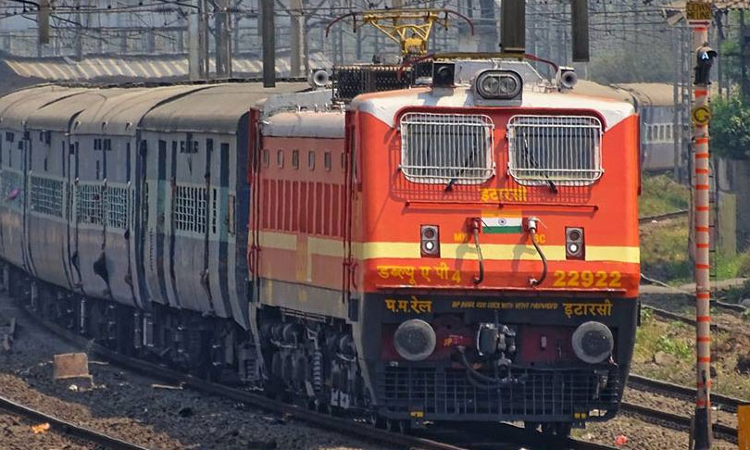The Punjab and Haryana High Court has held that the offence of carrying illegal business of ticket booking under the Railways Act (Section 143) is bailable and cognizable, even when the Act does not explicitly declare the offense as "Bailable”.The Court thus granted anticipatory bail to the accused and explained,“Although the Railways Act, 1989 does not explicitly declare the offense...

